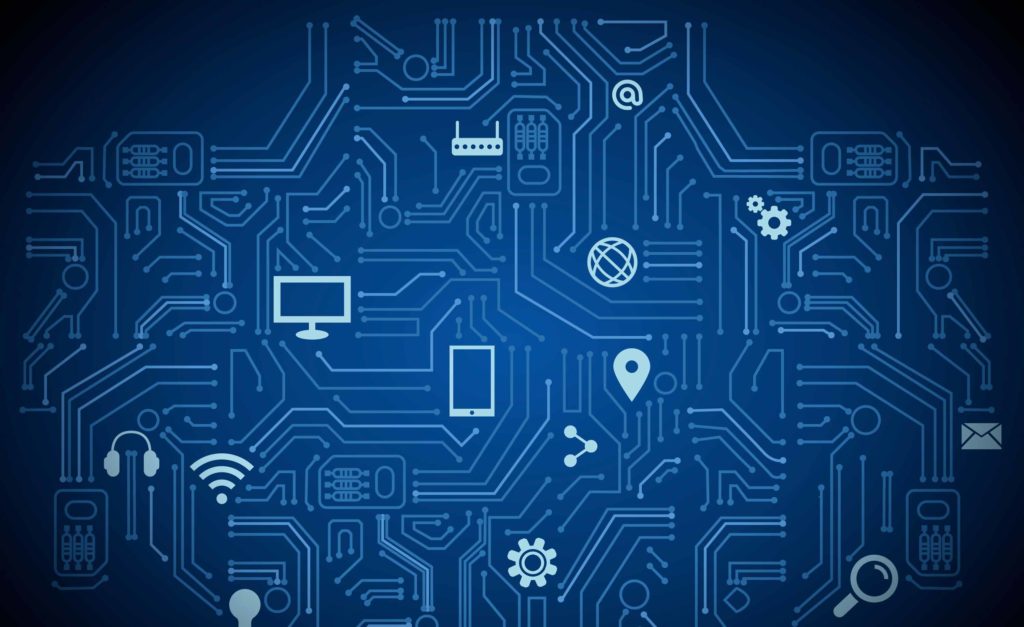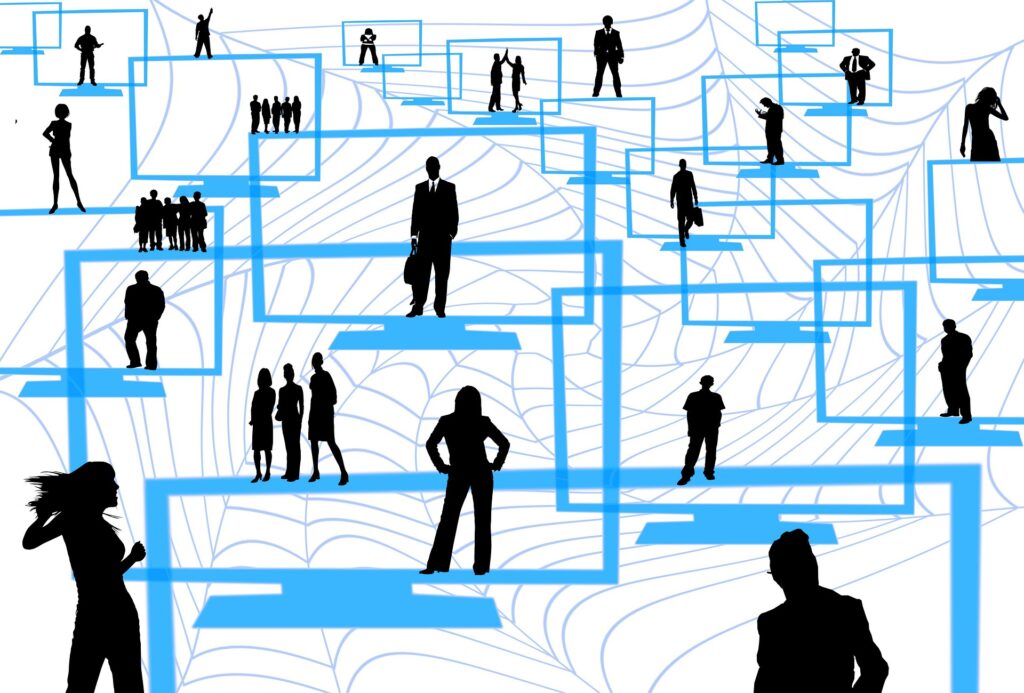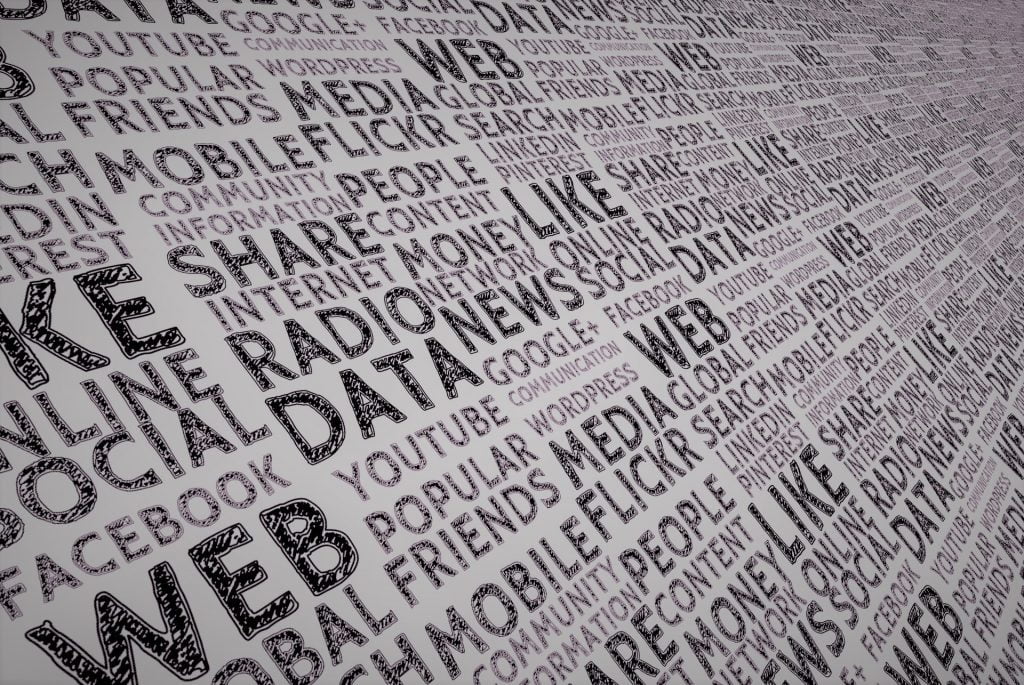Introduction to Customer Relationship Management
Running a restaurant isn’t just about what’s cooking in the kitchen — it’s also about what’s happening in your customers’ hearts and minds. And that’s where Customer Relationship Management (CRM) swoops in to save the day.
CRM isn’t some techy buzzword reserved for corporate boardrooms. For restaurants, it’s the secret sauce to knowing your diners, keeping them coming back, and making them feel like family.
In this article, you’ll discover:
- What CRM really means for your restaurant
- The must-have features in a good CRM system
- Why it’s crucial for long-term success
- The different types of CRM (yep, there’s more than one!)
- Top CRMs tailor-made for the food industry
- And a whole lot more…
What Is a Restaurant CRM?
A Restaurant Customer Relationship Management is a smart tool that helps you build, manage, and grow your relationship with customers. Think of it like your digital maître d’—keeping track of who’s visiting, what they like, how often they come in, and even what they ordered last Tuesday.
Instead of trying to remember every customer’s name, favorite dish, or birthday (good luck with that!), your CRM does the heavy lifting for you.
It stores data such as:
- Contact details
- Dining preferences
- Special occasions
- Feedback & complaints
- Reservation and order history
The result? More personalized service, happier customers, and fuller tables.
Key Features of a Restaurant CRM System
Not all CRMs are created equal — especially in the fast-paced, people-first world of hospitality. A standard CRM might work for a tech firm or an online store, but when you’re juggling full tables, walk-ins, and birthday bookings, you need a CRM that’s made with your restaurant in mind.
Here’s what makes a restaurant-specific CRM your secret kitchen weapon:
Customer Profiles
Imagine having a digital memory bank that remembers every diner’s past orders, allergies, and even their favorite table by the window. With auto-generated customer profiles, you don’t just serve meals — you serve memories. Each profile gets richer with every visit, helping you tailor the experience.
Loyalty Program Integration
Who doesn’t love a reward? A good restaurant CRM turns regulars into VIPs. With built-in points systems, surprise discounts, and exclusive offers, you’ll keep customers coming back — and raving to their friends.
Feedback Collection
Don’t let valuable feedback slip through the cracks. Modern CRMs help you gather reviews, ratings, and suggestions directly linked to a customer’s visit. That way, you know exactly where to improve (or who to thank!).
Reservation & Waitlist Management
Say goodbye to scribbled names on paper. A CRM tracks bookings, manages waitlists, and even notifies customers when their table’s ready — making your front-of-house run like clockwork.
Email & SMS Marketing Tools
Send the right message, at the right time. From happy-hour promos to “we miss you” emails, restaurant CRMs help you reach customers with a personal touch — not a one-size-fits-all blast.
Analytics Dashboards
You don’t need to be a data scientist to read these charts. Easy dashboards show you who’s coming in, what’s working, and where you’re losing steam — so you can adjust and thrive.
POS Integration
Last but not least, a solid CRM syncs beautifully with your Point-of-Sale system. That means real-time updates, seamless order tracking, and less room for error — even during the dinner rush.
In short? A restaurant CRM doesn’t just manage customers. It helps you wow them, win them, and keep them coming back for seconds.
Why Is Restaurant Customer Relationship Management Important
In today’s competitive dining scene, having great food and decent service just isn’t enough. People want to feel seen, heard, and valued and that’s exactly where a good CRM steps in.
Let’s break down why Customer Relationship Management is more than just a fancy system. It’s the secret ingredient to long-term success:
Builds Loyalty
When guests walk in and your staff already knows their name, favorite wine, or how they like their steak cooked? That’s not just service — that’s connection. And it keeps people coming back. A CRM remembers those little details, helping you create that “wow” moment every single time.
Boosts Revenue
It’s simple math: the more often someone visits, the more they spend. CRM tools help you nurture relationships so diners don’t just pop in once — they become regulars. Plus, upselling and tailored promotions based on past behavior? That’s smart selling, not pushy marketing.
Targets Marketing
Forget shouting into the void with generic promotions. With CRM, you can send birthday discounts, seasonal specials, or “We miss you!” messages that actually mean something — because they’re relevant to each individual.
Improves Service
From allergies to anniversaries, your CRM keeps track of preferences so your team can offer truly personalized service. It’s like giving every customer their own concierge — without breaking a sweat.
Handles Feedback Better
No more digging through emails or Google reviews to find out who said what. A CRM neatly ties feedback to individual visits and profiles. That means faster responses, quicker fixes, and turning complaints into compliments.
What Are the 3 Types of CRM?
Let’s break this down real quick. There are three main types of CRM — and each brings something special to the table:
1. Operational Customer Relationship Management
This is the engine that keeps your daily operations humming along. An operational CRM helps you automate repetitive tasks, such as sending reservation reminders, managing customer data, and scheduling loyalty emails. It handles the behind-the-scenes stuff — freeing up your team to focus on what matters: providing an unforgettable guest experience.
Think of it like your digital sous-chef, quietly making sure everything’s prepped and ready to go.
Real-life example: A customer makes a reservation online. The CRM confirms it automatically, adds it to the system, and even sends them a thank-you message after their visit. No manual typing. No missed bookings.
2. Analytical Customer Relationship Management
This type is all about digging into the data. It analyzes customer trends, purchase behavior, and dining patterns to help you make smart decisions. Want to know why Fridays are busier than Saturdays? Or which dessert is secretly your goldmine? An analytical CRM tells you all that — and more.
3. Collaborative Customer Relationship Management
n a restaurant, communication is everything. A collaborative CRM connects the dots between your front-of-house, back-of-house, marketing, and management teams. Everyone’s on the same page, with access to guest feedback, preferences, and service history.
That means fewer mix-ups, faster service, and happier customers.
10 Benefits of Using a Restaurant CRM
Let’s unpack the top 10 benefits that make a CRM an absolute game-changer:
1. Deeper Customer Insights
A CRM collects all the juicy details — from favorite dishes to visit frequency — so you can get to know your diners like old friends. Knowledge like that leads to more thoughtful, tailored service.
2. Smarter Marketing Campaigns
No more guessing games. Send emails and SMS promotions based on real preferences and behavior. It’s targeted, timely, and ten times more effective than blanket ads.
3. Increased Guest Retention
Loyalty starts with feeling valued. A CRM helps you reward repeat visitors and keep them coming back — turning first-timers into regulars, and regulars into raving fans.
4. Personalized Guest Experiences
From birthday discounts to remembering dietary restrictions, personalization sets your service apart. CRM makes it easy to offer those thoughtful touches that make guests feel special.
5. Streamlined Operations
Centralized customer data means less confusion, smoother service, and fewer hiccups — especially during busy hours.
6. Boosted Revenue per Customer
By analyzing guest behavior, you can suggest upgrades, add-ons, or specials that truly appeal — all of which can increase the average check size.
7. Quick Feedback Resolution
Unhappy customer? The CRM logs their issue, notifies your team, and even triggers follow-ups — helping you turn a bad review into a second chance.
8. Stronger Online Reviews
Happy, well-treated guests are more likely to leave glowing reviews — and your CRM helps you track and encourage that.
9. Data-Driven Decision-Making
No more relying on gut instinct. With the right analytics, you’ll make informed decisions backed by real trends and numbers.
10. Competitive Edge in Your Market
Let’s face it — not all restaurants are using CRM. If you do, you’re already one step ahead in delivering top-notch, personalized service that diners remember.
Top 4 CRMs for Restaurants
Here are four restaurant-friendly CRMs that stand out from the crowd
1. Toast CRM
Built specifically for restaurants, Toast integrates seamlessly with your POS system. It handles loyalty programs, targeted email marketing, and real-time guest data — all in one user-friendly dashboard.
2. Upserve by Lightspeed
A data-lover’s dream. Upserve helps you understand dining trends, track server performance, and automate marketing — perfect for growing restaurants that want to fine-tune operations.
3. OpenTable GuestCenter
Best known for reservations, OpenTable also offers powerful CRM tools. It captures guest preferences, visit frequency, and feedback — ideal for fine-dining spots focused on premium experiences.
4. SevenRooms
This all-in-one platform handles bookings, waitlists, and customer relationships like a pro. With white-label branding and deep guest insights, it’s made for restaurants that want full control of the guest journey.
Conclusion
The restaurant business has always been about people — about laughter over pasta, quiet moments over coffee, and birthdays made special with a free slice of cake.
But in today’s digital world, remembering someone’s name or favorite order isn’t enough. You need systems that support relationships, not just transactions.
Whether you’re running a cozy café or a buzzing bistro, embracing Customer Relationship Management can transform the way you connect with guests, market your brand, and grow your bottom line.
So the next time someone walks through your door, make sure your CRM is ready to make them feel like the most important person in the room — because, in that moment, they are.
Related Posts
Hotel Customer Relationship Management: The Ultimate Guide
What Is Automotive Customer Relationship Management
What is Insurance Customer Relationship Management




